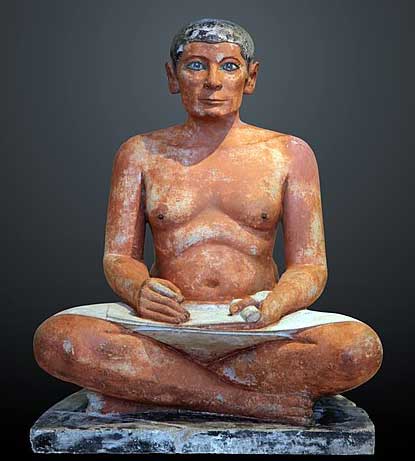This is the 2001 English first edition of the - utterly batshit -Ruhnama (Book of the Soul), written by Saparmurat Niyazov, President of Turkmenistan from 1990 to 2006, intended to serve as the "spiritual guidance of the nation" and the "centre of the Turkmen universe". 1/ 



The Ruhnama was introduced to Turkmen culture in a gradual but eventually pervasive way. Niyazov first placed copies in the nation's schools and libraries but eventually went as far as to make an exam on its teachings an element of the driving test. 2/ 

It was mandatory to read Ruhnama in schools, universities and governmental organisations. New governmental employees were tested on the book at job interviews. 3/ 

In March 2006, Niyazov was recorded as saying that he had interceded with God to ensure that any student who read the book three times would automatically get into heaven. 4/ 



Niyazov issued the work's first volume in 2001, saying it would "eliminate all shortcomings, to raise the spirit of the Turkmens". In 2004, Niyazov issued a second volume, covering morals, philosophy and life conduct. The book was a large part of Niyazov's personality cult. 5/ 

In August 2005, the first part of the Ruhnama was launched into orbit so that it could "conquer space" as well. It is supposed to orbit Earth for the next 150 years. 6/ 

Saparmurat Niyazov died on 21 Dec 2006. In 2013, the Ruhnama was removed from public schools. The following year, Niyazov's successor, president Gurbanguly Berdimuhamedow declared that all Turkmen universities would no longer test applicants on their knowledge of the book. 7/ 



There is still an enormous mechanical statue of the book in Ashgabat, the country's capital. Each evening at 8:00 pm, the cover opens and a recording of a passage from the book is played with accompanying video. 8/ 





• • •
Missing some Tweet in this thread? You can try to
force a refresh


















